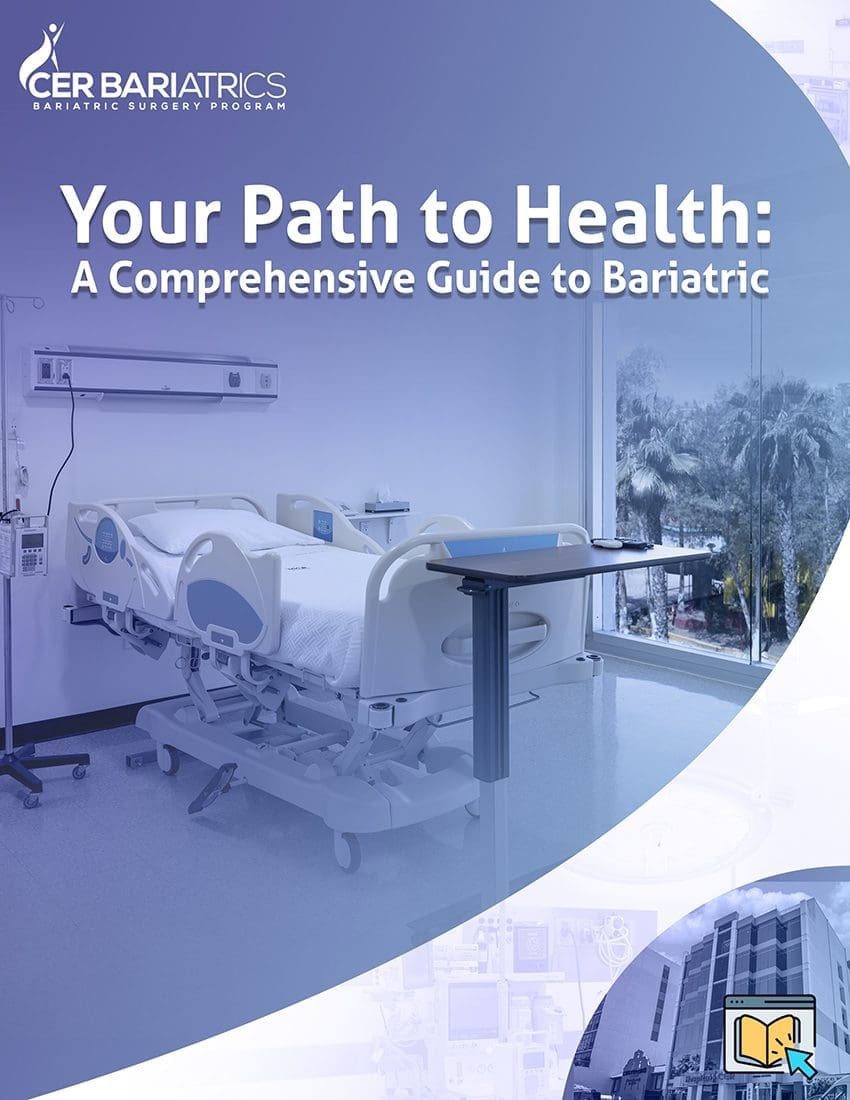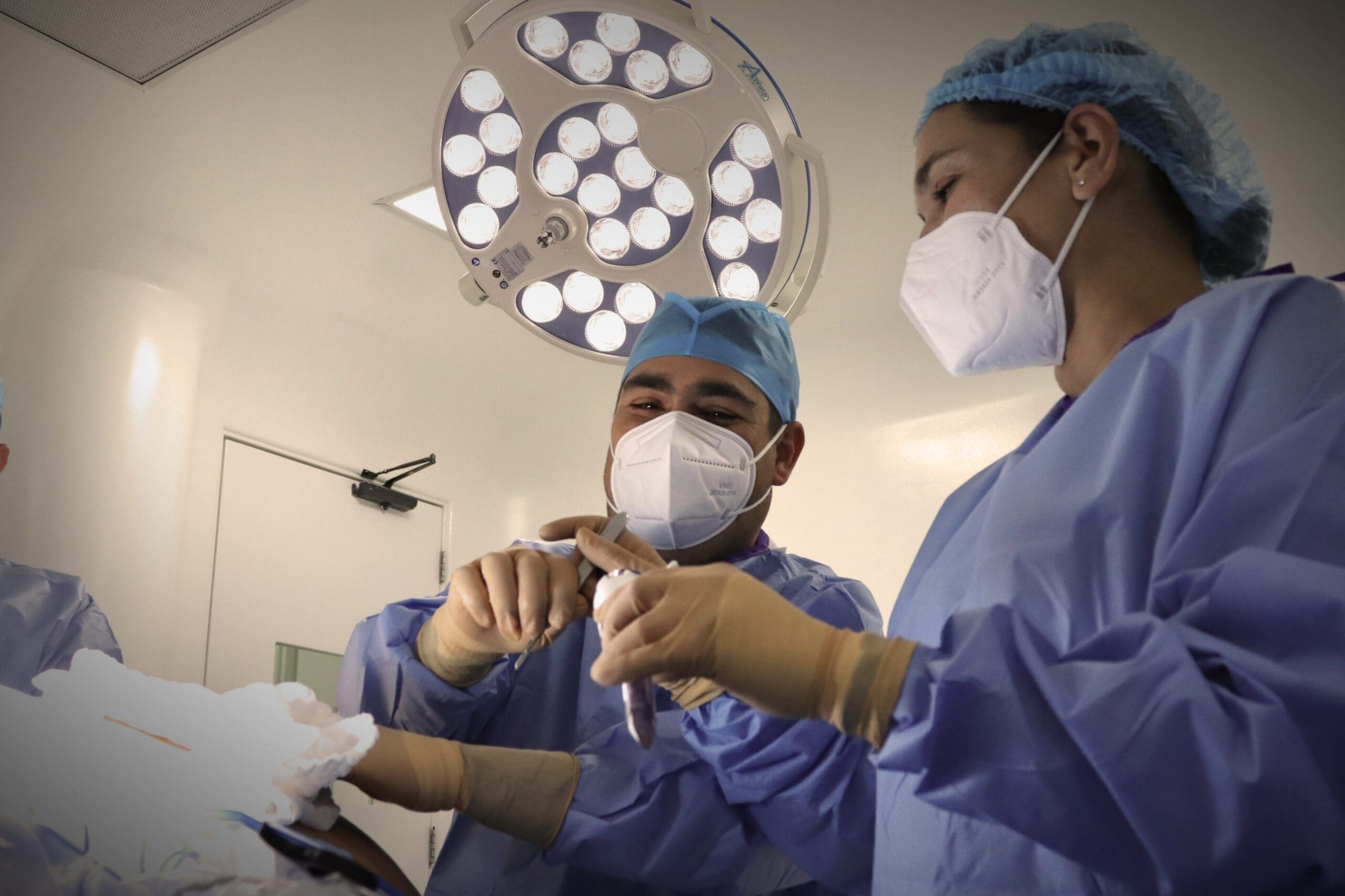What is Gastric Sleeve Surgery?
“Considering a transformative step like gastric sleeve surgery prompts numerous questions. Understanding the ins and outs of the procedure is essential for anyone contemplating this weight loss journey. “What is Gastric Sleeve Surgery?” is a common inquiry that sets the stage for exploring the procedure’s intricacies.”
– What it does: Gastric sleeve surgery is a way to help people lose weight. Doctors remove a part of the stomach to make it smaller and shaped like a tube.
– How it’s done: It’s usually done using small cuts in the belly with a special tool. The surgery aims to help people eat less and lose weight.
– Does it work: Many people lose a lot of weight after this surgery and get better from health issues linked to being overweight.
Who Can Get Gastric Sleeve Surgery?
– Who can have it: People who are very overweight might get this surgery if their doctor thinks it’s a good idea. Doctors consider a person’s medical history and health before recommending this surgery.
– Talking with the doctor: Before the surgery, a talk with a special doctor who does this surgery helps understand what to expect and how life might change after it.
What Are the Good Things About Gastric Sleeve Surgery?
– Losing Weight: People usually lose a lot of weight after the surgery, which can help them feel healthier.
– Health Improvements: The surgery may also help with problems like diabetes, high blood pressure, and trouble sleeping.
– Feeling Better: People often find it easier to move around and feel better about themselves after this surgery.
What About the Risks and Other Things to Think About?
– Possible problems: Sometimes, people might get infections or bleed more after the surgery, but these things don’t happen very often.
– Eating changes: People who get this surgery must eat differently after to stay healthy and keep the weight off.
– Taking care for a long time: Regular visits to the doctor and making good choices about food and exercise are really important after this surgery.
What’s Recovery Like After the Surgery?
– Time in the hospital: People usually stay in the hospital for a day or two after the surgery.
– Getting better: Most people can go back to regular things after a few weeks, but it might take longer for some people.
– Changing what you eat: After the surgery, people will need to eat different foods in smaller amounts to help their body heal and stay healthy.
How to Prepare for Gastric Sleeve Surgery?
– Before the surgery: Meeting the special doctor and the team who will do the surgery to learn what will happen and what to expect.
– Getting ready in your mind: Preparing to make changes in the way you live, what you eat, and how it might change life after the surgery.
– Having support: Finding family, friends, or groups that can help during and after the surgery is really important.
Addressing Weight Gain and Related Health Conditions
Weight Gain and Health Problems: Carrying excess weight can lead to various health conditions like heart disease, high blood pressure, and type 2 diabetes. If traditional weight management methods and healthy food choices don’t work, bariatric surgery, such as sleeve surgery or gastric bypass surgery, might be an option to consider.
Impact of Excess Weight: Conditions like sleep apnea, mental health concerns, and other health problems can be linked to carrying extra weight. Bariatric surgery aims to assist in weight loss and improve or even resolve these health issues.
Understanding Bariatric Surgery and Its Effects
About Bariatric Surgery: Both sleeve surgery and gastric bypass surgery are types of bariatric surgery. These procedures make the stomach smaller, so you eat less food. They help individuals to lose weight and, in turn, manage various health conditions. However, it’s essential to understand that any surgery may have side effects.
Managing Weight and Health Conditions: After surgery, doctors may suggest a weight loss plan that includes healthy food choices like using olive oil instead of unhealthy fats, avoiding added sugar, and eating foods that help you feel full longer.
The Role of Support Systems and Lifestyle Changes
Support from Family Members: Having supportive family members during the recovery process after surgery can make a big difference. They can encourage healthy habits, join in meal planning, and offer emotional support.
Lifestyle Changes: Making long-term changes to diet and activity levels is vital. Committing to healthy food choices, regular exercise, and a weight loss plan are keys to managing weight and staying healthy post-surgery.
Conclusion
Opting for bariatric surgery, like sleeve surgery or gastric bypass surgery, is a significant step towards a healthier life. It can aid in weight loss, improve health conditions like heart disease and high blood pressure, and support better weight management.
It’s important to recognize that this isn’t a quick fix but rather a tool to assist in managing weight and health issues. Post-surgery, making healthy food choices, staying active, and receiving ongoing support can lead to long-term success.
Always consult a healthcare provider to determine if bariatric surgery is the right choice for managing weight and health conditions. Seeking professional guidance tailored to individual needs is crucial for a successful and healthy journey.
FAQS
These FAQs aim to provide a general understanding of gastric sleeve surgery. However, personalized advice from healthcare professionals is necessary to make informed decisions about this procedure.
Feeling stuck?
- Check Your Bariatric Surgery Eligibility Now!
Ready for a Healthier You? Review Your Bariatric Surgery Case Today!
Take the first step towards a healthier, happier you by reviewing your bariatric surgery case. Fill out our quick and easy Surgical Eligibility Form to see if you’re a candidate for life-changing weight loss surgery. Your journey to better health starts here!
Related Post
Learn how to kickstart your weight loss journey











